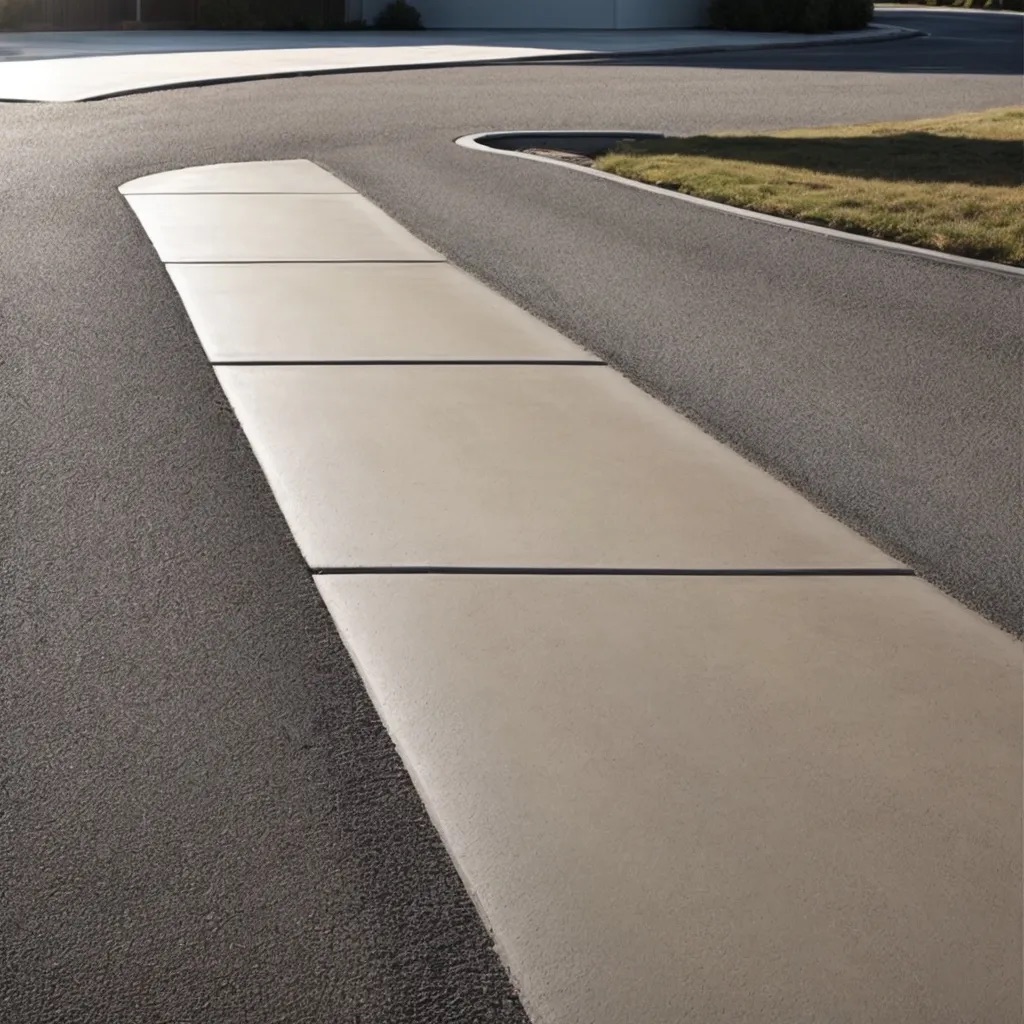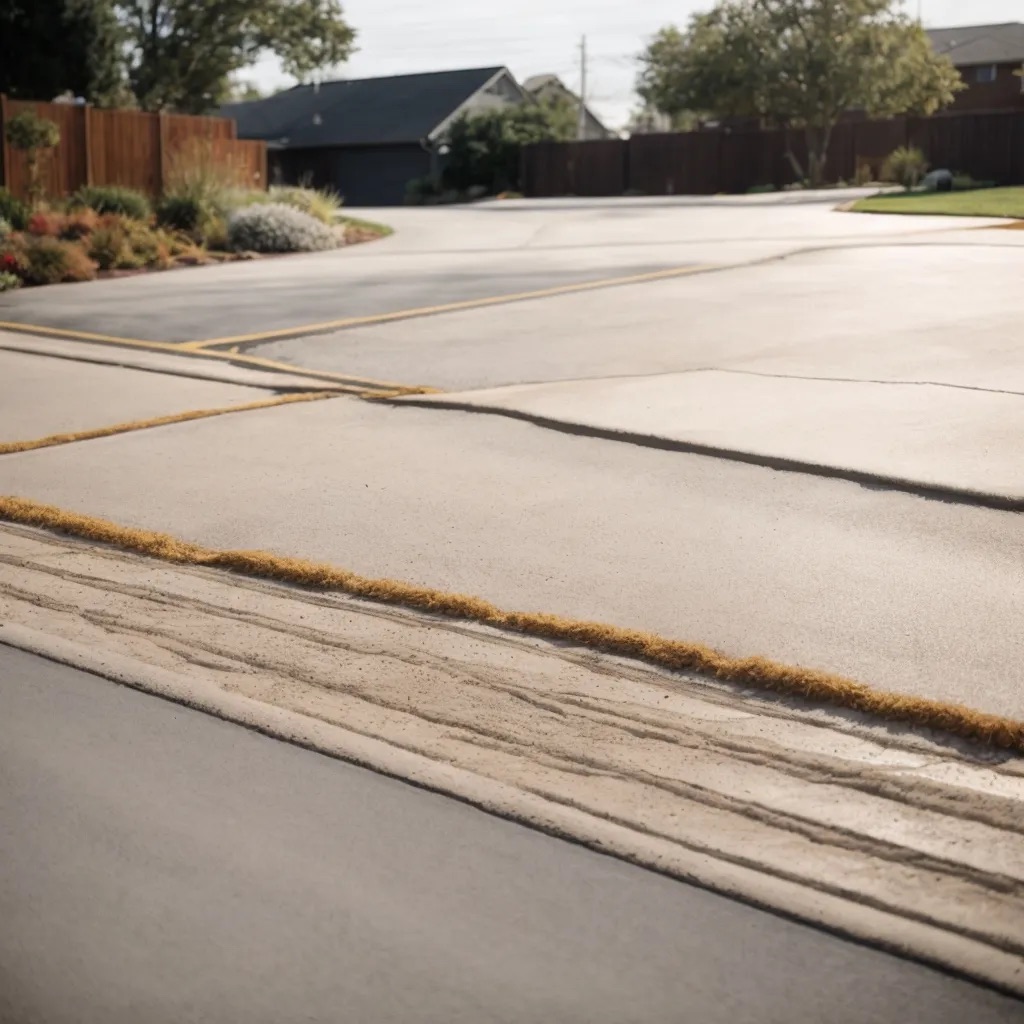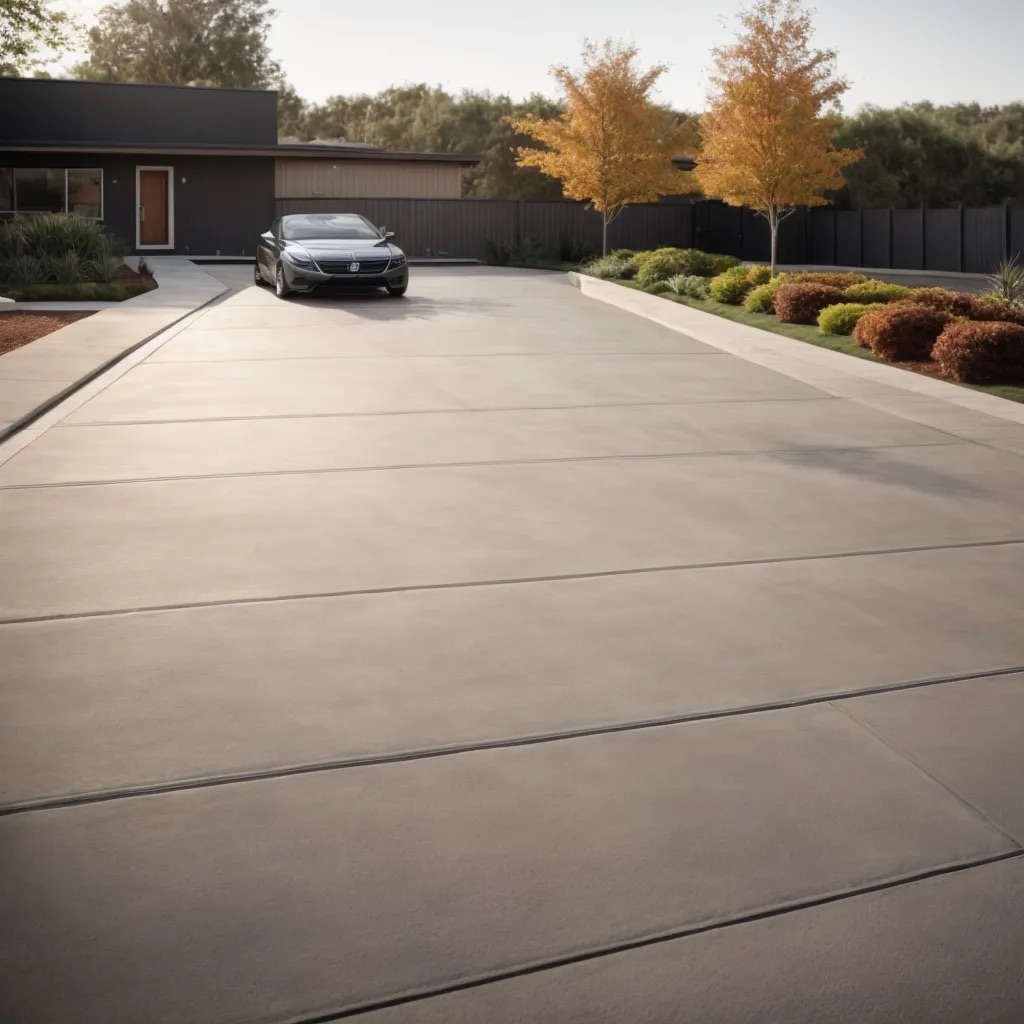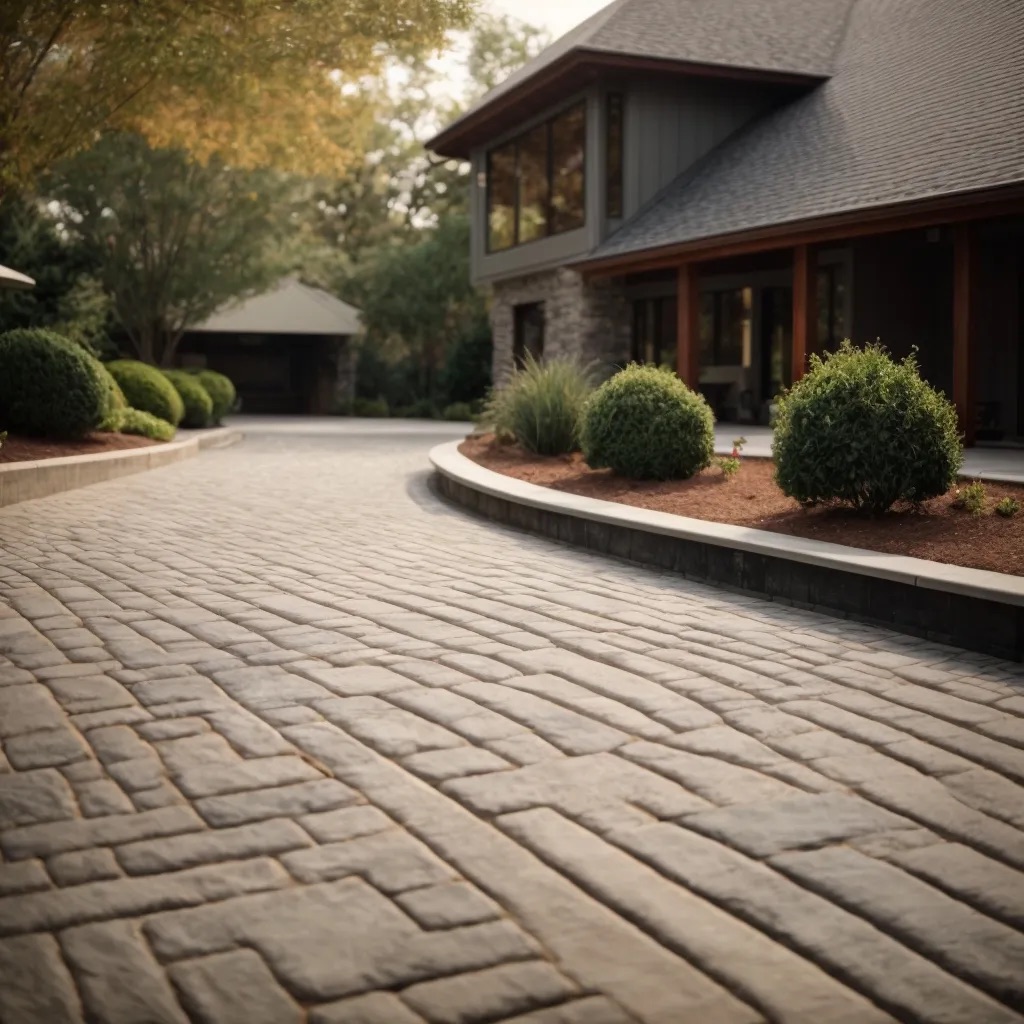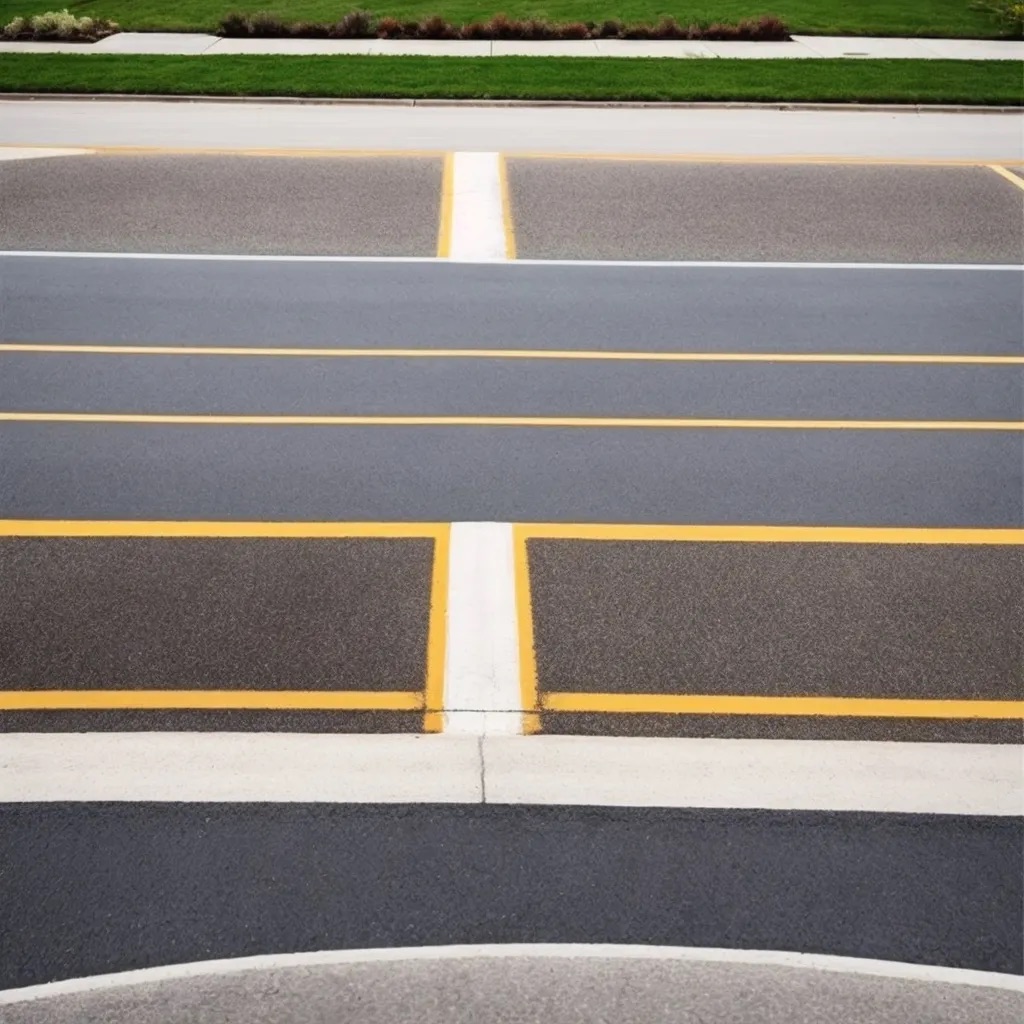When it comes to designing and building driveways, many homeowners face challenges due to rugged terrain and environmental conditions. Whether you live in an area with steep slopes, heavy rainfall, extreme temperatures, or poor soil quality, finding the right driveway solution is essential.
This article will explore various options and strategies to help you navigate these challenges and create a functional and aesthetically pleasing driveway.
Assessing the Terrain
Before delving into driveway solutions, assessing the terrain you plan to build is crucial. Different terrains present distinct challenges that need to be taken into consideration. Steep slopes, for instance, may require additional structural support, while soft soil may need stabilization measures. Understanding the terrain’s characteristics will help you decide the most suitable driveway solution.
Gravel Driveways for Versatility
Gravel driveways have long been popular for homeowners with challenging terrain. Gravel is a versatile material that adapts well to various environments. Its permeable nature allows for natural water drainage, making it ideal for areas with heavy rainfall. Additionally, gravel driveways can be constructed on slopes using retaining walls or terracing techniques to control erosion and prevent the gravel from shifting.
Paving Stones for Stability and Durability
Paving stones offer an excellent option for homeowners seeking a more stable and long-lasting solution. These interlocking stones provide a solid surface for vehicles while allowing water to seep through the gaps between them. This permeability reduces runoff and minimizes the risk of erosion. Paving stones come in a wide variety of shapes, sizes, and colors, allowing for creative designs that can enhance the curb appeal of your property.
Concrete Driveways for Strength and Functionality
Concrete driveways are known for their strength and durability, making them an excellent choice for challenging terrain and harsh environmental conditions. Concrete can withstand heavy loads and is resistant to erosion and shifting. It is particularly suitable for areas with extreme temperatures, as it can handle both freezing and high heat. Proper reinforcement and joint spacing are essential when constructing concrete driveways to prevent cracking due to soil movement.
Green Driveways for Environmental Consciousness
In recent years, green driveways have gained popularity as an environmentally friendly solution. Green driveways incorporate vegetation and permeable materials to reduce runoff and promote natural water infiltration. Permeable pavers or grass pavers allow water to pass through, preventing erosion and reducing the burden on stormwater systems. Planting grass or ground cover in the driveway further enhances the aesthetics and ecological benefits.
Asphalt Driveways for Flexibility
Asphalt driveways offer flexibility and cost-effectiveness, making them a viable option for challenging terrain. Asphalt is flexible and can withstand the movement of the underlying soil, reducing the risk of cracking and shifting. It is particularly beneficial in areas with clay or expansive soils prone to expansion and contraction. Regular maintenance, such as sealing and patching, is necessary to prolong the lifespan of an asphalt driveway.
What Driveway Material is Best for Difficult Terrain?
When choosing the best driveway material for difficult terrain, several factors need to be considered. The right material will depend on the specific challenges presented by the terrain, such as steep slopes, poor soil quality, or excessive moisture. Here are some driveway materials that are often suitable for rugged terrain and the advantages they offer:
Gravel
Gravel driveways have long been popular for challenging terrains due to their versatility and ability to adapt to different environments. They are particularly effective for areas with steep slopes or poor soil conditions. Here’s why gravel is a viable option:
- Excellent drainage: Gravel is a permeable material that allows rainwater to filter through, reducing the risk of erosion and runoff.
- Cost-effective: Gravel is relatively inexpensive compared to other materials, making it an attractive choice for homeowners on a budget.
- Easy maintenance: If the gravel shifts or becomes uneven due to terrain movement, it can be easily leveled and replenished.
Paving Stones
Paving stones, also known as interlocking pavers, offer stability and durability for driveways in difficult terrains. They provide a solid surface for vehicles while allowing water to seep through the gaps between the stones. Here are the benefits of using paving stones:
- Strength and flexibility: Paving stones can withstand heavy loads and resist shifting and cracking caused by soil movement.
- Aesthetic appeal: Paving stones come in various shapes, sizes, and colors, allowing for creative designs that enhance the overall look of your driveway.
- Permeability: The gaps between the stones promote natural water infiltration, minimizing erosion and runoff.
Concrete
Concrete driveways are known for their strength and functionality, making them suitable for challenging terrains and extreme environmental conditions. Here’s why concrete is often a preferred option:
- Durability: Concrete is highly durable and can withstand heavy loads, making it ideal for areas with difficult terrain.
- Resistance to shifting: Properly reinforced and jointed concrete driveways can resist movement caused by soil instability.
- Temperature tolerance: Concrete can handle both freezing temperatures and high heat, making it suitable for various climates.
Green Driveways
Green driveways offer an environmentally friendly solution for challenging terrains. They incorporate vegetation and permeable materials to reduce runoff and promote natural water infiltration. Here’s why green driveways are a compelling option:
- Ecological benefits: Green driveways help manage stormwater by reducing runoff and improving water quality.
- Aesthetic appeal: The presence of vegetation adds a natural and visually appealing element to your driveway.
- Erosion control: Permeable materials used in green driveways prevent soil erosion and minimize the impact on the surrounding environment.
Asphalt
Asphalt driveways are known for their flexibility, making them suitable for areas with rugged terrain prone to movement. Here’s why asphalt can be a viable choice:
- Flexibility: Asphalt can withstand underlying soil movement, reducing the risk of cracking and shifting.
- Cost-effectiveness: Asphalt is relatively affordable compared to other materials, making it an economical option.
- Easy repairs: Asphalt driveways can be easily repaired or resurfaced if damage occurs, extending their lifespan.
Key Takeaways
- Assess the terrain and understand the specific challenges presented by difficult terrain before choosing a driveway material.
- Gravel driveways are versatile and cost-effective, suitable for areas with steep slopes and poor soil conditions.
- Paving stones offer stability, durability, and aesthetic appeal, with permeability for water drainage.
- Concrete driveways are strong, functional, and resistant to shifting, making them suitable for extreme environmental conditions.
- Green driveways provide ecological benefits, manage stormwater runoff, and add aesthetic appeal through vegetation.

